Tesla's Role in Advancing Electric Aviation Technologies
As the world shifts towards sustainable solutions in transportation, Tesla is at the forefront, not only in the realm of electric vehicles but also in pioneering electric aviation. Driven by Elon Musk’s aviation vision, Tesla is steering the future of electric aircraft innovation, merging advanced technology with cutting-edge sustainable practices. This blog post delves into Tesla's efforts to revolutionize air travel through its innovations in electric planes and their impact on the aviation industry.
Revolutionizing the Aviation Landscape
In recent years, Tesla has emerged as a pivotal force in electric aviation, leveraging its extensive experience in electric vehicle technology to redefine possibilities in the skies. Tesla's commitment to electric aviation signifies a transformative shift towards sustainable aviation practices, aligning with global sustainability goals. This effort is a part of Elon Musk's vision, which aims to merge Tesla's cutting-edge aerospace technology with revolutionary electric propulsion systems.
Tesla's entrance into the electric aviation sector is not just an extension of its automotive expertise but a concerted effort to bring innovative solutions to a market ripe for disruption. By focusing on electric planes, the company is spearheading initiatives that promise to reshape the future of aviation. At the heart of these advancements lies Tesla's battery technology, crucial for enhancing efficiency and capabilities in electric propulsion systems.
Tesla’s Innovations in Electric Propulsion
Central to Tesla’s strategy in electric aviation is the development of electric propulsion systems. By integrating advanced battery technology, Tesla is pioneering aircraft innovation that promises to significantly reduce air travel's carbon footprint. These advancements align with environmental goals and improve the practicality and efficiency of electric flight. The synergy between Tesla's renowned battery technology and its aerospace innovations paves the way for new opportunities in sustainable aviation.
Recent developments indicate substantial progress in this field. For instance, reports suggest that Tesla is conducting rigorous research to create electric planes capable of long-distance travel—a critical milestone for electric aviation.
Challenges and Opportunities
Despite promising advancements, Tesla faces several challenges in the electric aviation industry. A significant hurdle is regulatory compliance, particularly concerning safety standards and certifications for electric aircraft. Additionally, integrating Tesla's battery technology into aircraft requires overcoming technical challenges related to energy density and weight.
Elon Musk’s Vision: A Double-Edged Sword?
However, these challenges present opportunities for innovation. By addressing these issues, Tesla has the potential to set new industry standards for sustainable aviation practices. The company's dedication to research and development is evident as it seeks to overcome these barriers through innovative solutions and strategic partnerships.
Balancing Innovation and Risk
Elon Musk's leadership has been instrumental in driving Tesla’s foray into electric aviation. However, recent news highlights potential risks associated with Musk's controversial decisions. For example, his endorsement of Donald Trump could impact Tesla's reputation and financial stability, particularly during a sales slump.
Moreover, Musk's tendency to push ambitious project timelines raises questions about the feasibility and timing of Tesla's electric aviation ambitions. Delays in other projects may affect investor confidence and resource allocation towards new initiatives like electric aviation.
A Broader Context: The Automotive Industry’s Influence


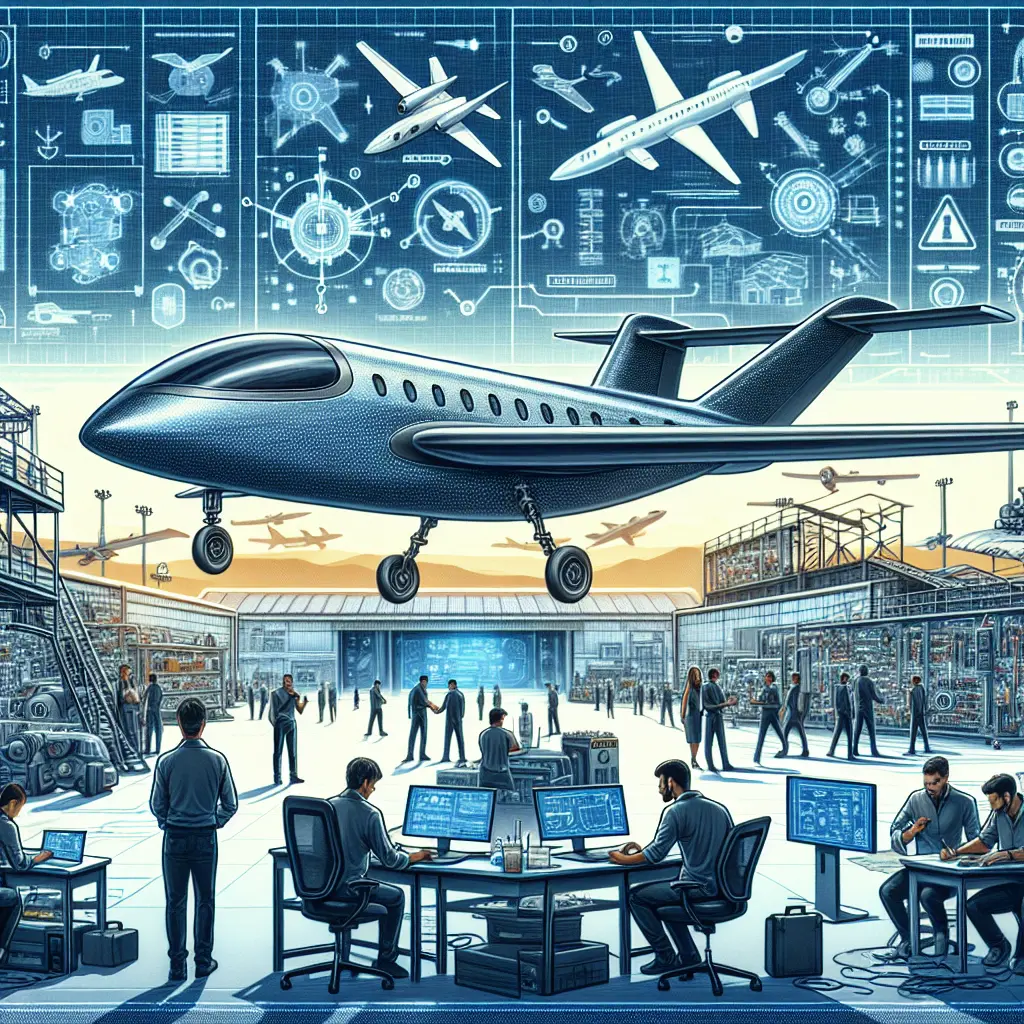

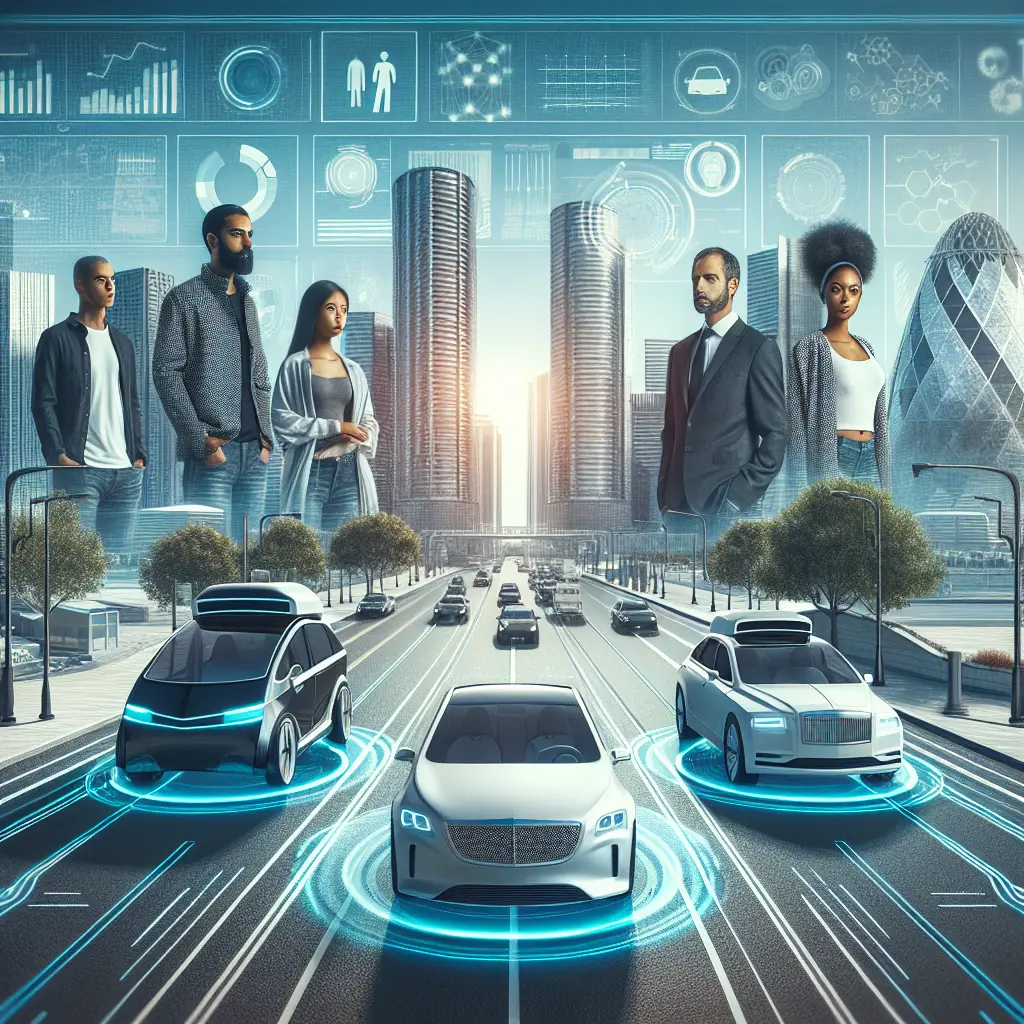
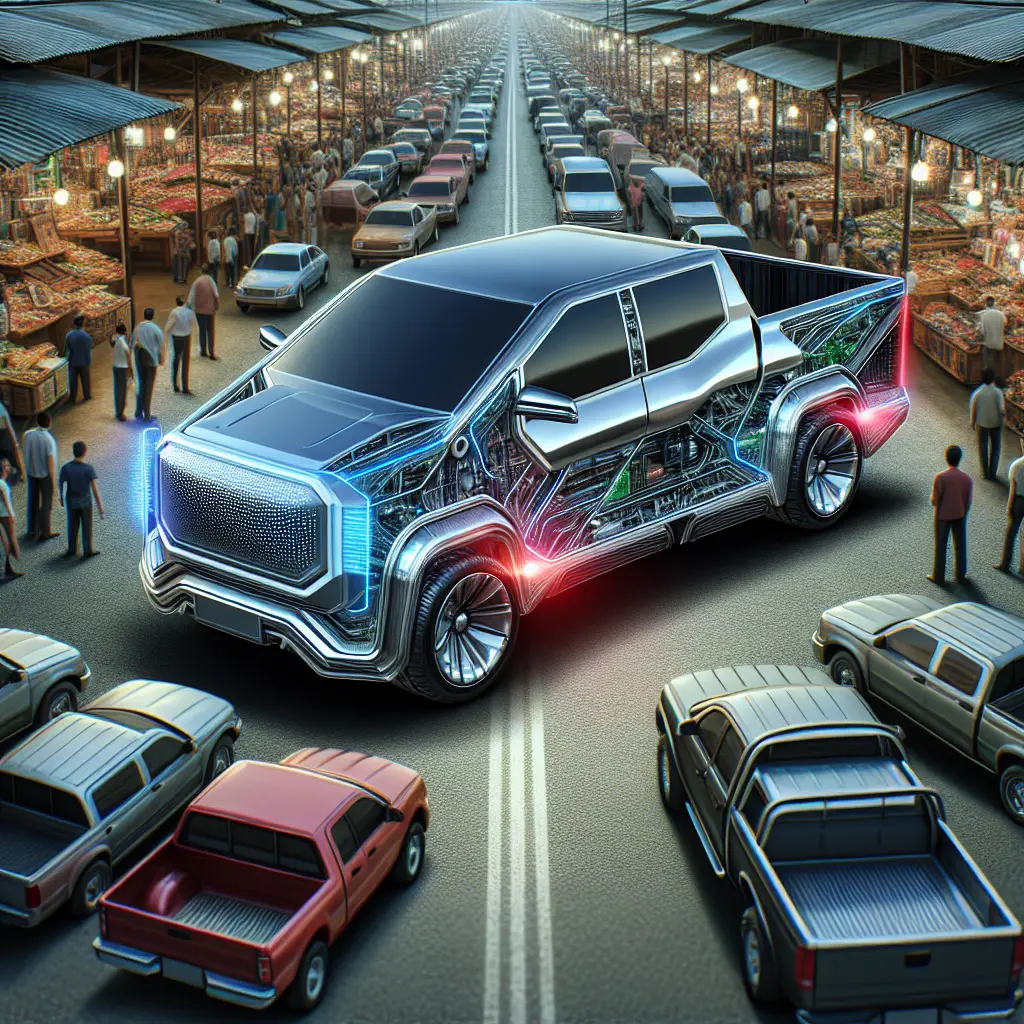
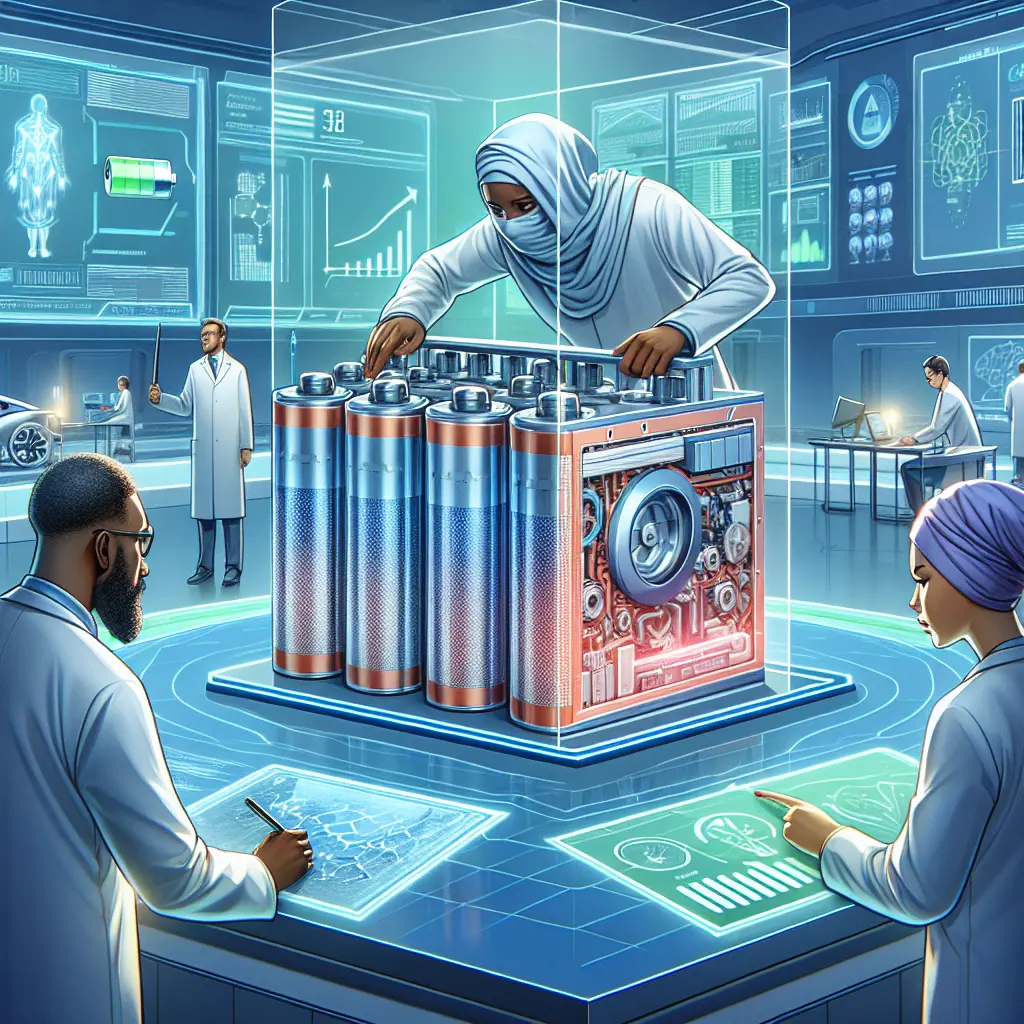
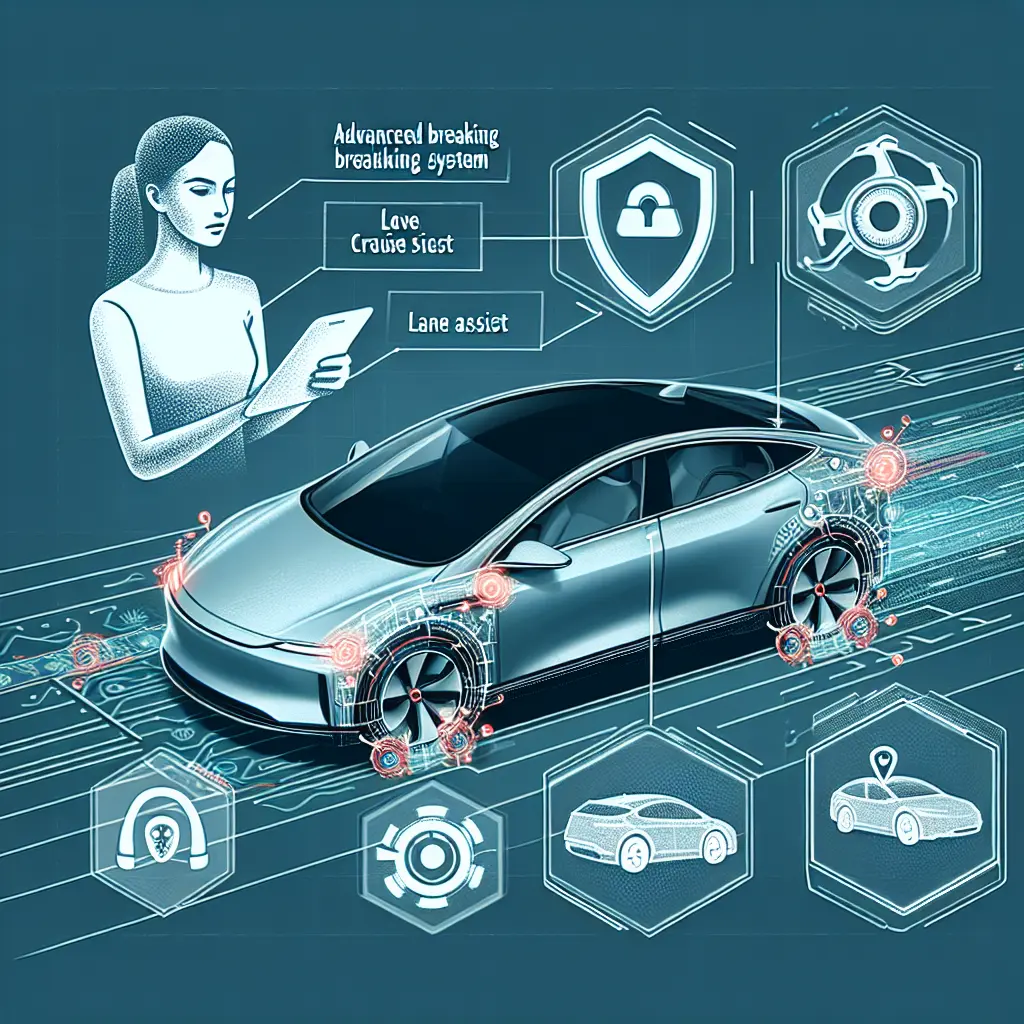

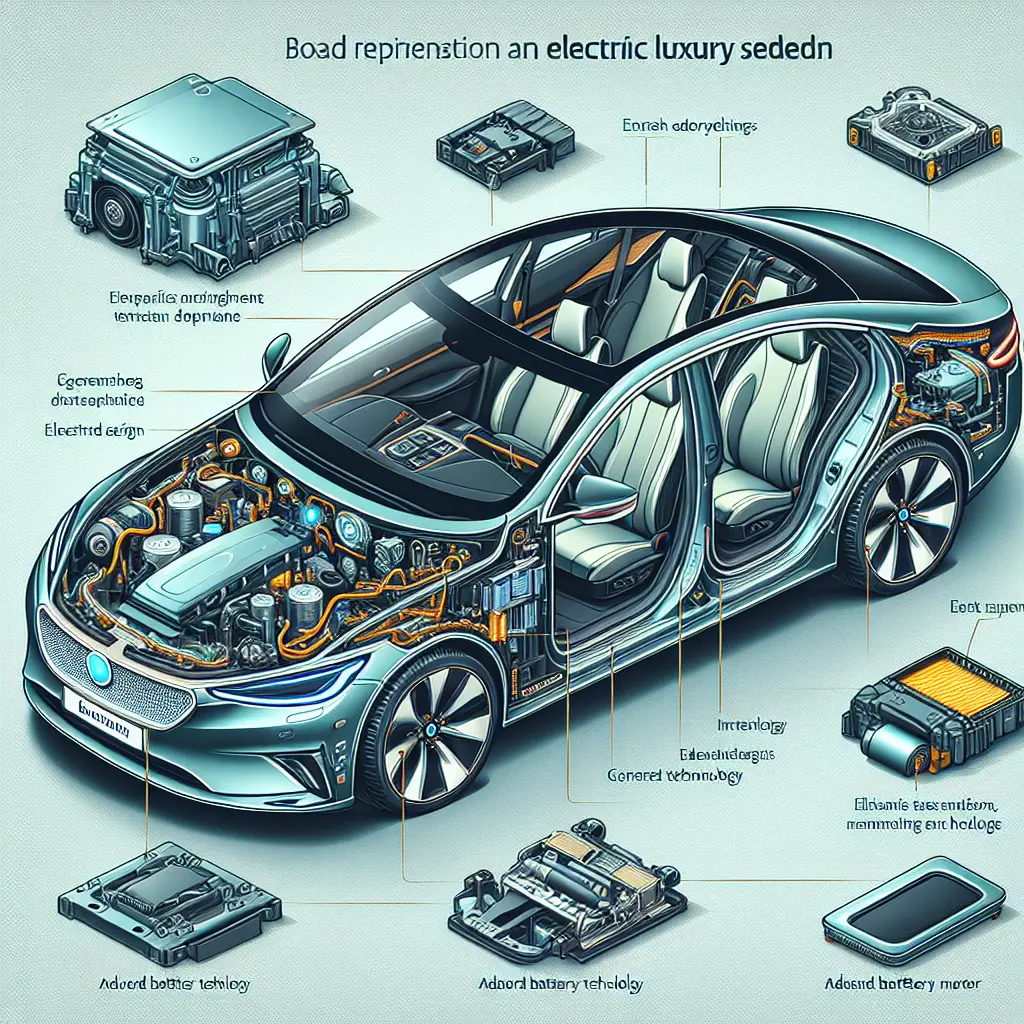
Leave a Comment